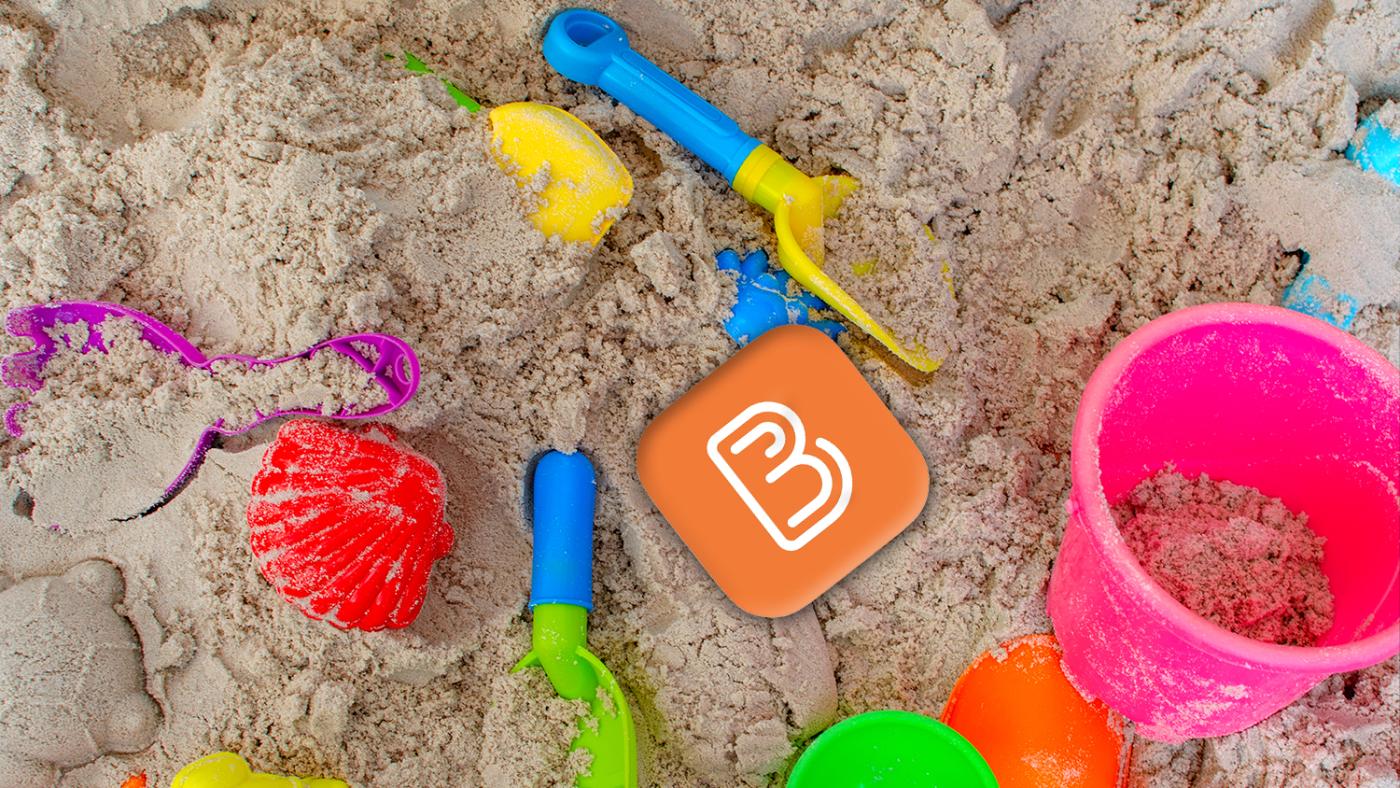New electronic learning environment
DUB panel is quite pleased with Brightspace

It can be quite challenging for teacher to change the main communication platform used during their courses. After all, they must transfer all course information to the new system and learn how to use it effectively.
Escape rooms and courses are among the tools the university has used to bring teachers up to speed on the workings and possibilities of the new platform, Brightspace. They can try out functionalities in a simulator and count on the assistance of IT staff.
However, after a brief email survey of several students and staff in our DUB panel, we can conclude that no one seems sad to see the old platform, Blackboard, go. We heard several times that Blackboard was outdated and Brightspace is much more 'intuitive'.
These comments largely confirm the takeaways from an evaluation conducted this spring among students and lecturers who trialled Brightspace, though some of our panel members have a few reservations.
Smooth
The Assistant Professor of Theoretical Philosophy Brand van der Gaast describes Brightspace as 'modern', 'easy to use' and 'well thought-out', but he thinks that Canvas or Moodle are just as good. According to him, Blackboard was an outdated product that suffered from software bloat. In other words, it had outgrown itself due to the addition of new functionalities.
Philosophy student Nina Keijzer is also positive about the new system. She says the transition from Blackboard to Brightspace is going ‘very smoothly’. She had already worked with Brightspace in several courses during the previous academic year. ‘It's very clear and works much more intuitively than Blackboard.’
One of the advantages identified by Nina is that Brightspace allows students to discuss the materials on a forum, and those questions are then addressed in the seminars. 'That's a great learning method that lecturers make good use of.'
Many lecturers in the DUB panel are still exploring the platform, but their first impressions are positive. According to cultural anthropologist Bouke van Gorp, Brightspace appears to be more user-friendly than Blackboard, allowing users to structure information in various ways and is ‘fairly intuitive’ to use. ‘But I'm sure there will come a time when I'll be less happy with it, perhaps now that I'm coordinating a large course and am still really discovering some of Brightspace's features.’
Innovation scientist Frank van Rijnsoever and educational scientist Kirsten Buist have not used Brightspace much, so they have difficulty passing judgment. ‘But the system seems fairly intuitive,’ says Van Rijnsoever. ‘I'm happy with it so far.’
Buist: ‘At first glance, it seems to be an improvement in terms of user-friendliness, possibilities and layout, but I can't say much about its functionalities yet.’
Shortcomings
Educational scientist Casper Hulshof has more experience with the platform, as he participated in the pilot last year. ‘Brightspace does what it's supposed to do,’ is his sober assessment. ‘We were promised that Brightspace would work much better than Blackboard, but I haven't discovered any big differences yet.’
Hulshof has identified some minor improvements, however, such as the ability to read PDF files in the system. He also believes Brightspace has a few shortcomings. ‘I had two requirements: that students should be able to post comments under a message and that teachers could have a profile, so they don't have to fill in their contact information every time, but unfortunately, that didn't happen. Meanwhile, in Nijmegen, they simply have a widget for that teacher profile.’
Philosopher Floris van den Berg also thinks he would be going too far if he said he was 'happy' with Brightspace. 'It works. I haven't yet discovered anything much better than Blackboard.'
Van den Berg wonders whether the digital learning environment is being given too much importance in university education. ‘Isn't it time to reflect on the essence of education, especially in view of AI? Shouldn't it be about real-life interactions between students and between students and lecturers? As far as I'm concerned, the university should pay more attention to de-digitisation instead.’
Comments
We appreciate relevant and respectful responses. Responding to DUB can be done by logging into the site. You can do so by creating a DUB account or by using your Solis ID. Comments that do not comply with our game rules will be deleted. Please read our response policy before responding.